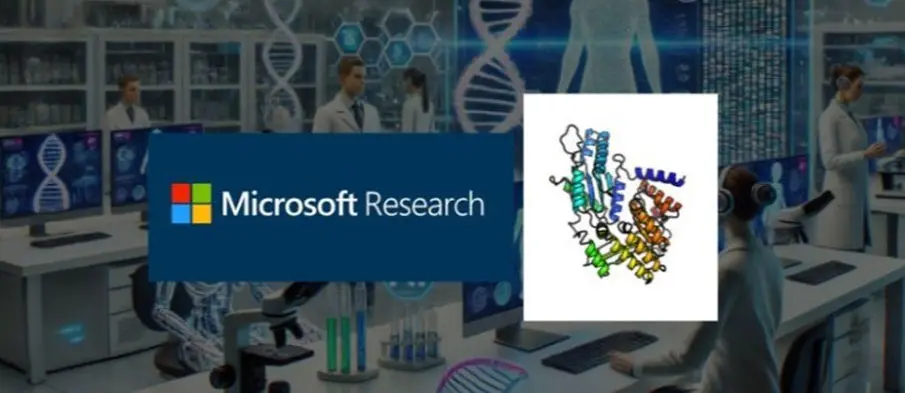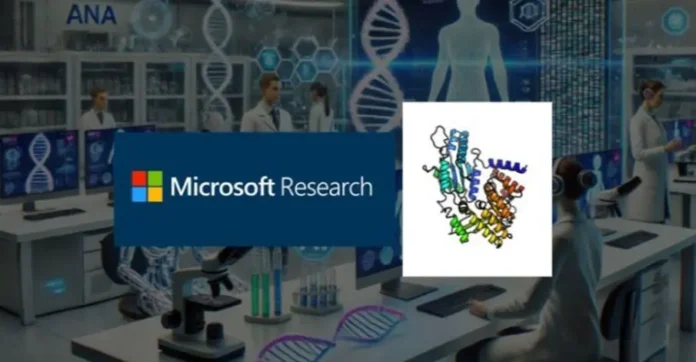
Microsoft has introduced BioEmu, a groundbreaking artificial intelligence system designed to dramatically accelerate the process of understanding protein behavior within the human body—an area that traditionally demands years of intensive computer simulations.
Announcing the innovation on X, Microsoft Chairman and CEO Satya Nadella stated, “Understanding protein motion is essential to understanding biology and advancing drug discovery. Today we’re introducing BioEmu, an AI system that emulates the structural ensembles proteins adopt, delivering insights in hours that would otherwise require years of simulation.”
Developed by the AI for Science team at Microsoft Research, BioEmu is engineered to predict the various shapes and conformational changes that proteins undergo during biological activity. These structural shifts are central to how diseases develop and how therapeutic drugs interact with their targets, making BioEmu a critical tool for medical research and pharmaceutical innovation.
According to Microsoft Research, BioEmu version 1.1 demonstrates exceptional accuracy in matching experimental data on protein stability. It boasts prediction errors of less than 1 kcal/mol and achieves correlation scores exceeding 0.6 on extensive testing datasets. This precision brings a new level of confidence to AI-driven biological simulations.
The model was trained on an enormous dataset, including over 200 milliseconds of molecular dynamics simulations, 500,000+ protein stability experiments, and extensive structural biology data. Unlike traditional simulation methods that rely on massive GPU clusters and extended timeframes, BioEmu can produce equivalent results in just a few hours—significantly reducing computational resources and costs.
A key capability of BioEmu lies in its ability to detect subtle and complex changes in protein structures, such as “cryptic” binding pockets—hidden structural sites that may be viable drug targets. “BioEmu can emulate equilibrium distributions of millisecond-timescale molecular dynamics simulations at many orders of magnitude faster speeds,” the Microsoft Research team noted. “It also predicts functionally important movements, like large domain shifts and local unfolding, which are often central to how a protein works.”
Published in the journal Science, the research highlights BioEmu as a generative deep learning model that replicates the dynamic nature of proteins in both laboratory and biological settings. These insights are expected to greatly enhance efforts in drug development, disease modeling, and synthetic biology, ushering in a faster and more efficient era of biomedical discovery.





